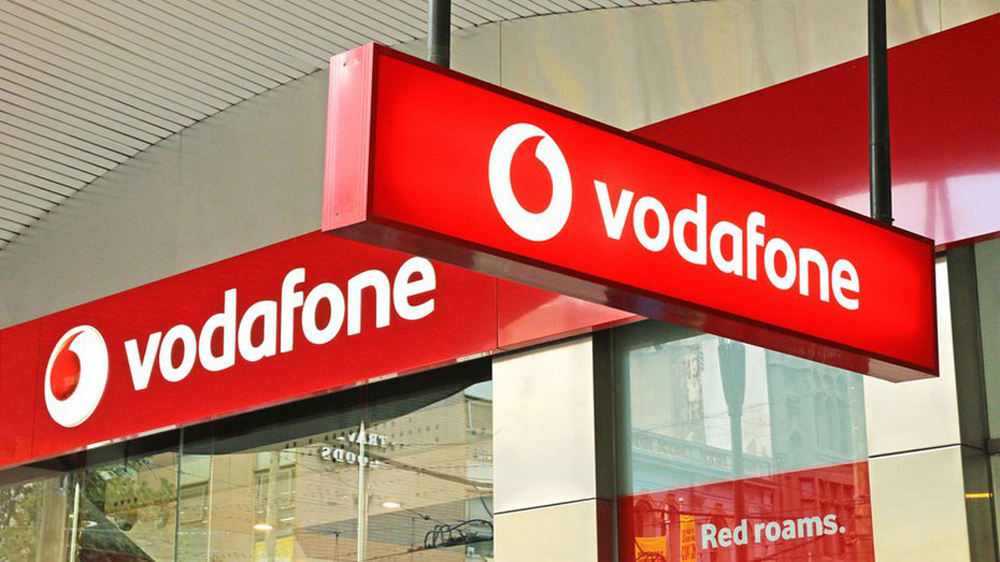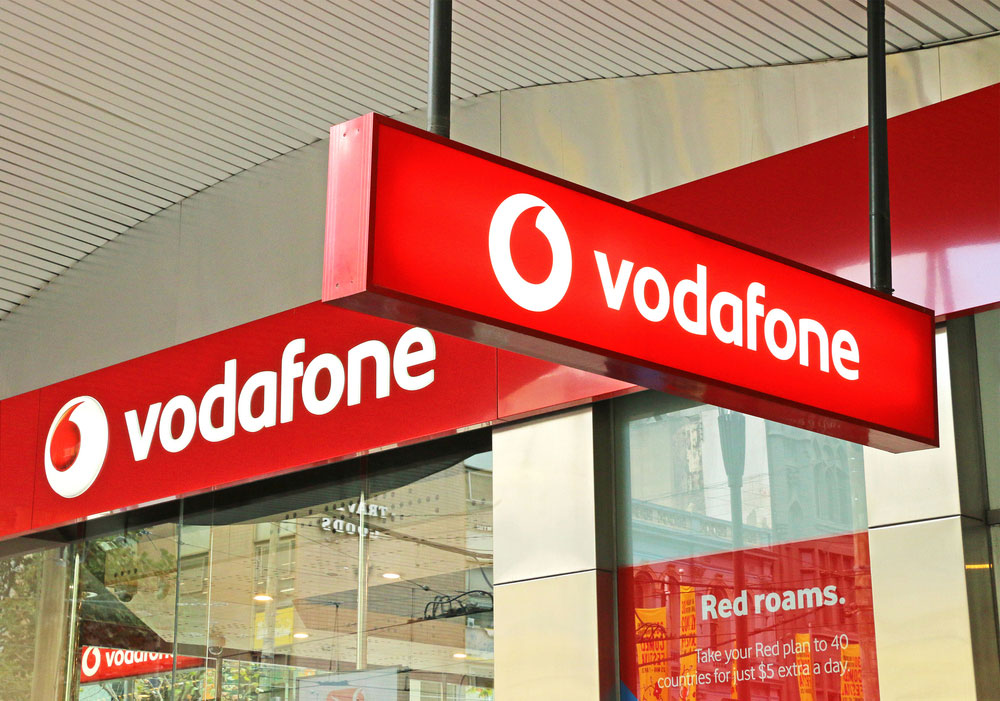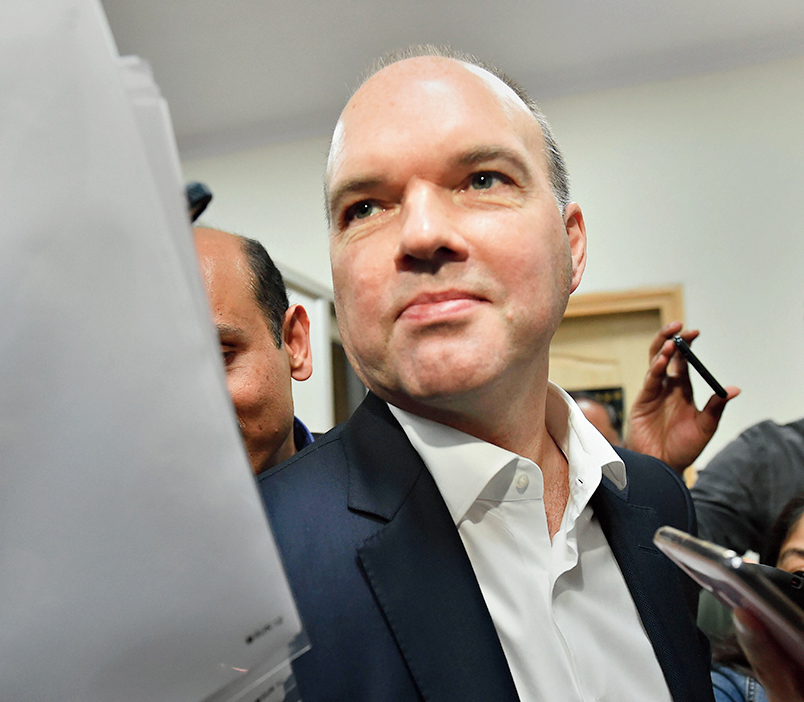The 332 million subscribers of Vodafone Idea are now staring at a frightening prospect: their mobile phone connections could be switched off permanently unless the Supreme Court and the Narendra Modi government find a path out of a horrific mess resulting from the apex court’s verdict of October 24 last year. This does not, of course, absolve the telecom companies of blame for using every legal trick in the book to avoid paying their dues. When the highest court handed down its verdict on the vexed dispute over the definition of adjusted gross revenue, it left telecom players gobsmacked with an unpaid bill estimated anywhere between Rs 926 billion and Rs 1.5 trillion. The dues are owed by 15 companies, 10 of which have already gone out of business.
After widening the definition of AGR, the court ruled that the telecom firms would have to pay interest on delayed payments and a penalty on the unpaid interest dues. The telecom companies had been betting all along that the clock on interest and penalties would start ticking only after the AGR issue was settled by the court. The apex court has put forth the view that the dues have not been paid for close to two decades. That is a misrepresentation of the facts. The apex court verdict admits: “The licensees have paid about 80% of the demand raised by DOT, and the instant dispute pertains only to 20% of the demand on which stay was in operation.”
The Supreme Court is now furious that the telecom companies have been carrying out a self-assessment exercise to determine the dues that they should pay. The telecom department had itself asked them to carry out such an exercise. According to one estimate, Vodafone Idea, which has no money on its books, needs to pay Rs 515 billion after somehow coughing up Rs 65 billion which more or less covers the principal amount. The Supreme Court seems to have very little patience for the whole exercise that is fiendishly complex. As late as March 19, the department of telecommunications issued a clarification on how the dues ought to be calculated in the circles where the companies hold unified licences. The DoT note said that the licence fee dues in the top-tier circles had to be calculated first under three different methodologies; the actual due would be based on the “maximum of three” principle. If this does not require a spreadsheet calculation, then what does? The government has already indicated that it means to ask the court to allow for staggered payment — at least of the interest and penalties. If the court sticks to its hardline stance at the next hearing in two weeks’ time, Vodafone will go to the wall, a duopoly will emerge, and over 300 million customers will be scrambling to join either of the two providers. That will be a nightmare.












